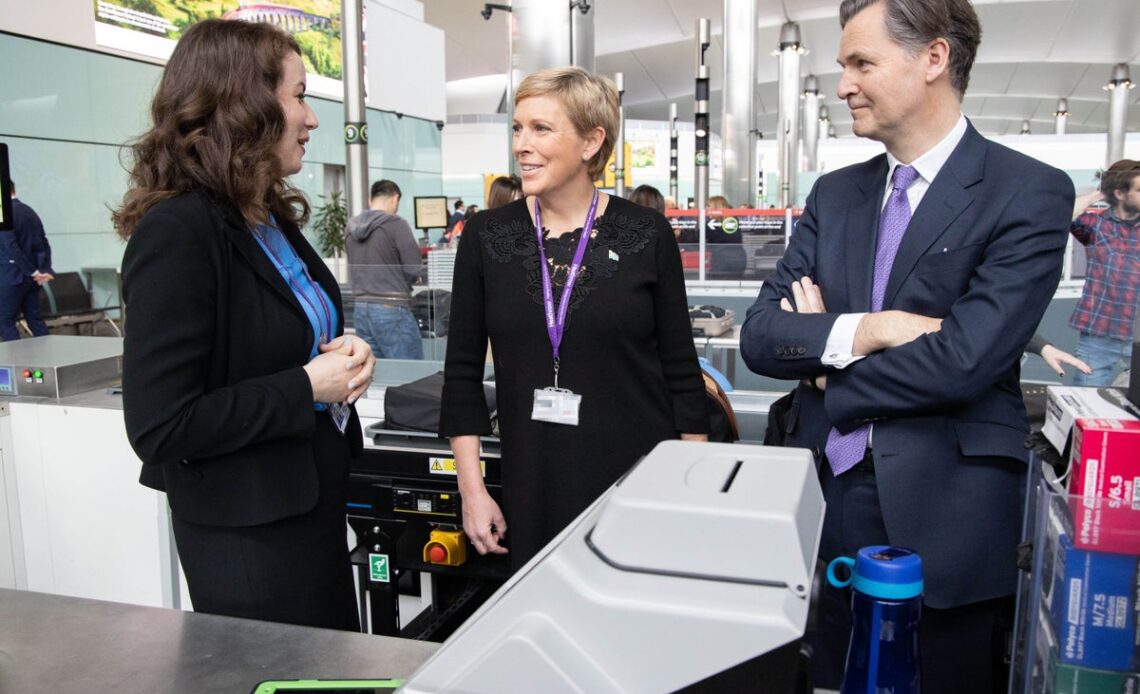Worldwide in normal times, half a million people pass through airport security every hour. Many airline passengers say it is the worst part of the journey – in particular, the need to limit LAGs (liquids, aerosols and gels) to small containers and extract them from cabin baggage.
The rules were introduced hastily in 2006 as a temporary measure. Despite repeated promises they remain in place.
In 2019 Boris Johnson vowed the rules would be eased at major UK airports by 1 December 2022. With a week to go there’s no chance that will happen.
But could the stress ease by 2024? Simon Calder, former security officer at Gatwick airport and current Independent travel correspondent, can help.
What are the rules for travellers’ cabin baggage?
The rules around what you can pack in your carry-on bag have evolved in reaction to attacks – successful and otherwise – over the decades.
No weapons, whether firearms, knives or explosives may be carried. But there are also strict rules about liquids, aerosols, gels, pastes, lotions and cosmetics, extending even to yoghurt and soft cheese.
How did the liquids rule come about?
In August 2006 the aviation industry – and baffled passengers – awoke to find security rules for passengers had tightened literally overnight. The government announced that it had uncovered a terror plot to blow up transatlantic jets from Heathrow to North America.
The perpetrators aimed to take the ingredients for improvised explosive devices on board a number of aircraft. The ingredients, derived from hydrogen peroxide, were to disguised in soft drink containers.
The terrorists aimed to assemble the bombs on board before detonating them and destroying the plane; they were later convicted of offences including conspiracy to murder and conspiracy to cause explosions.
The bosses of Britain’s airlines were called in the early hours of 10 August 2006 to be told their passengers would be banned from carrying anything more than a purse or wallet into an aircraft cabin. Even pens were banned from transatlantic flights, on the grounds that the ink they contained was a liquid.
One concession was made, for nursing mothers: they could take milk for their baby through the checkpoint, but only if they tasted it first to demonstrate it was the real thing.
Baggage systems could not cope with two or three times the normal number of…
Click Here to Read the Full Original Article at The Independent Travel…
